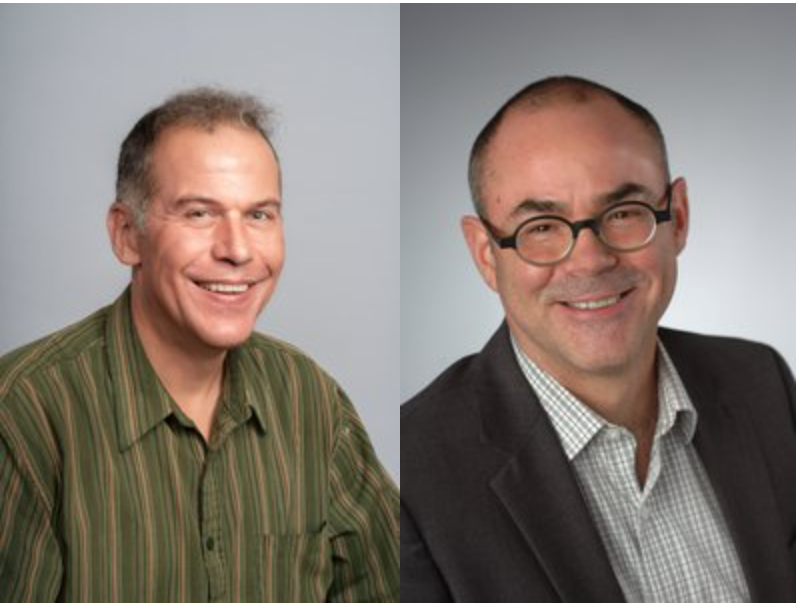Our research spans diverse interests in information and technology, and their impact on organizations and society. We pursue independent and collaborative work in a range of fields with colleagues across campus and around the world.
Faculty Research Areas
The iSchool has more than 30 tenured and tenure-track faculty engaged in a variety of interesting research areas. We also have several research-focused professors who include scholarly work in their portfolio of professional activities.
Research Centers
Center for Computational and Data Sciences
Advancing important and practical research in the social sciences using advanced computational approaches.
Center for Digital Literacy
Understanding the impact of information, technology and media literacies in today’s technology-intensive society.
Center for Emerging Network Technologies
Researching how systems and technologies are converging to provide solutions for industries and economies.
Center for the Futures of Work, Information and Technology
Exploring the connections between the transformation of work and emerging technologies.
Smart Grid Research Center
Studying the modernization of the electric grid using digital technologies.
Ongoing & Past Research
Research forms the foundation of our work, and our faculty are recognized often for their excellence and contribution to the field, winning honors, presenting at national and international conferences, and earning grants to support their work.
Visiting Scholars
We are delighted to host visiting scholars who advance and extend the interests of our faculty through shared research projects, common pursuits, and new opportunities. We host several visitors each academic semester. To become a visiting scholar, please select and reach out to the faculty member you wish to work with a request that they sponsor you. The sponsor will then request to host you as a visitor. Visiting scholars must be self-funded.



